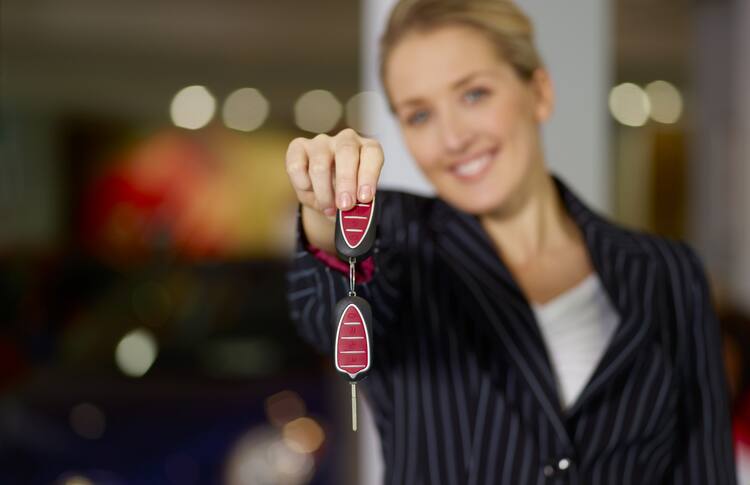Leasing Vs Buying A Car – Questions to Ask

Is it better to buy or to lease a car?
That’s a trick question because there is no one correct answer. The trade-off between buying and leasing is very specific to the situation. It depends partly on the numbers involved and partly on the characteristics of the driver facing that decision.
Buying vs. leasing a car: 7 questions to ask
When it’s you in the driver’s seat, here are seven questions to consider when buying or leasing a car:
1. How soon will depreciation hit?
The steepest amount of depreciation in a car’s value comes as soon as you take ownership of a new car. This fact is sometimes used as an argument against buying because you are acquiring an asset that will immediately lose value. In fact, this may put you in the position of owing more than the car is worth in the early months of paying off a loan since the depreciation is rapid while you only gradually pay down the principal owed.
However, leasing is not necessarily a solution to the depreciation issue. The lease is going to be structured so that the dealer will get back in lease payments more than the car is likely to lose in value during the lease.
2. What is the true cost of owning the car?
Recognizing the depreciation in a car’s value is key to comparing the true cost of leasing as opposed to buying. Suppose you are thinking of leasing for three years and look at what you would pay to initiate and maintain the lease. Now, suppose instead that you bought the car and then sold it after three years. The cost here would include your loan payments plus the value the car is likely to lose over those three years.
To estimate this, look at the same model car from three years ago and see what its value would be today. Apply the percentage decline in value on that older car to what you would be paying for a new model today, and that will provide you with an estimate of how much you would lose over three years by buying the car.
3. Is cash an option?
Leasing vs. buying comparisons depends in part on the interest rate of the car loan you get. However, if you are in a position to pay cash for the car rather than financing, that changes the comparison by removing the interest expense from buying. It is true that paying cash involves some opportunity cost in the form of lost earnings on that cash, but with savings account rates down near zero, this opportunity cost is drastically reduced these days.
4. Should you invest in a late-model car?
A way to avoid the initial depreciation hit is to buy a slightly used car rather than a brand-new one. Face it, even a new car becomes slightly used within a few months anyway. Buying a car with a few thousand miles already on it can vastly reduce the cost of ownership, and this might tip the balance towards buying rather than leasing.
5. Is this new car a need or a want?
Besides buying a used car, yet another option is holding onto the one you already have. If your vehicle still has some life left in it, you can really reduce your automotive costs by waiting a year or two before taking on a fresh set of payments. Why not get out of the pattern of making car payments a constant in your life?
6. How often do you get a new vehicle?
This is an important question. People who hold onto their vehicles for a long time get a lot of low-cost value out of ownership because depreciation is spread out over a greater number of years. On the other hand, if you like getting a new car every couple of years, leasing might be a better option for you.
7. How predictable are your driving habits?
The predictability of your driving habits is crucial because leases often carry steep penalties if you exceed a mileage limit or put excessive wear on the vehicle. Make sure you have thought through how much you intend to drive and whether or not you tend to be hard on your vehicles before you commit to lease terms that may subject you to substantial penalties.
This car-owning decision can be as emotional as it is financial. Some people find there is no substitute for the feeling of owning a car, whereas others feel that leasing provides a form of safety net. Still, even if you let one of these personal biases influence your decision, you should still work through the numbers to see how much you might be paying for that bias.